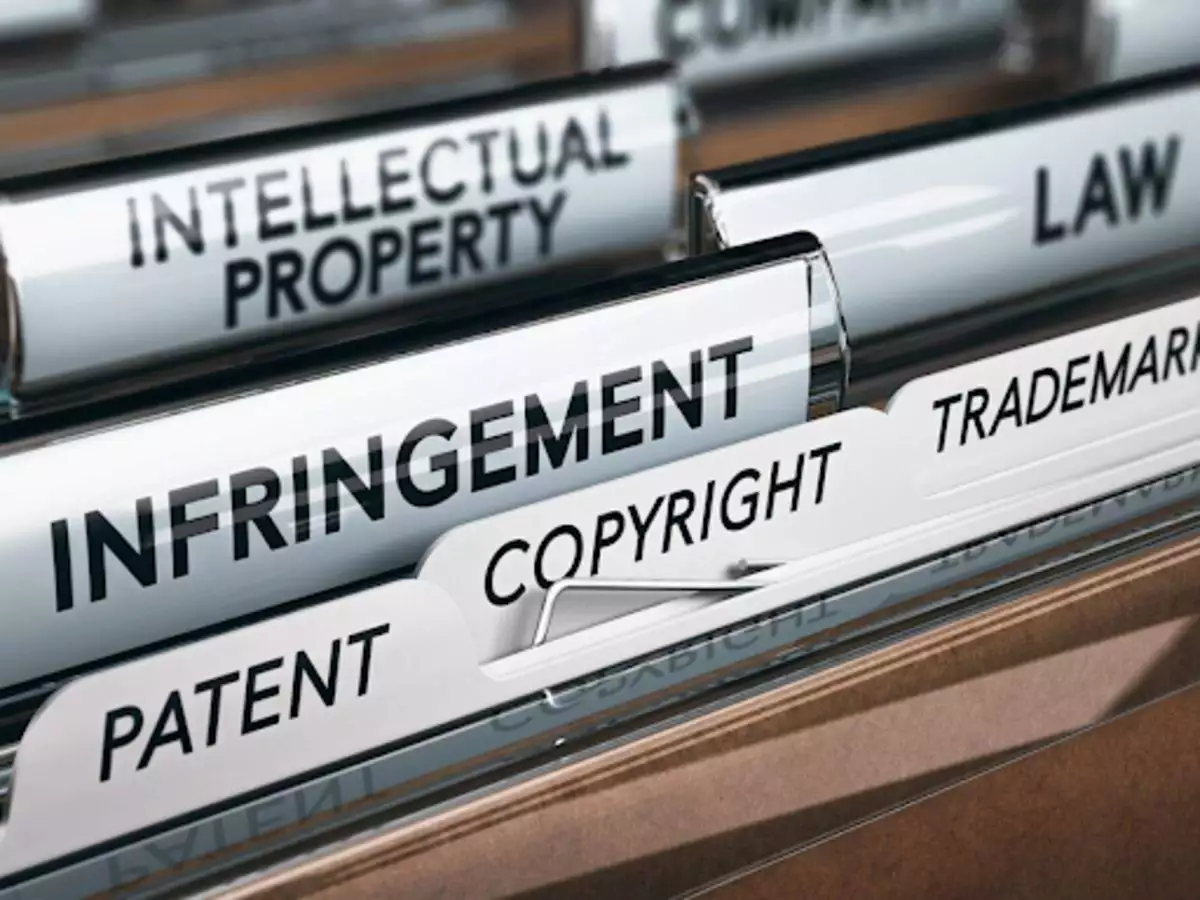DATED : 29.08.2023
CORAM : THE HON’BLE MR.JUSTICE N.ANAND VENKATESH
Crl.O.P.No.19690 of 2023
Introduction:
The case of R. Chidambaram v. Ram Arun Castro & M/s. Dream Warrior Pictures revolves around copyright infringement and intellectual property rights related to the film “HARKARA” (formerly known as “OATTA THOODHUVAN 1854”). The plaintiff, R. Chidambaram, alleges that he is the rightful owner of the copyright for the story, screenplay, dialogues, and direction of the film. The defendants, Ram Arun Castro and M/s. Dream Warrior Pictures, are accused of releasing the movie without properly crediting the plaintiff and seeking to restrain them from further distribution.
Facts of the Case:
- Chidambaram claims to be the owner of the intellectual property rights for the story, screenplay, dialogues, and direction of the film “OATTA THOODHUVAN 1854,” which was later renamed “HARKARA.” The plaintiff asserts that the defendants, Ram Arun Castro and M/s. Dream Warrior Pictures, are releasing the film without acknowledging his creative contributions. As a result, the plaintiff filed a lawsuit seeking various reliefs, including a declaration of his ownership, permanent injunctions against the defendants, and a share in rights for the film’s distribution in languages other than Tamil.
Legal Issues:
Ownership of Copyright: The main issue is whether R. Chidambaram is the rightful owner of the copyright for the story, screenplay, dialogues, and direction of the film “HARKARA.”
Crediting and Injunction: The court must determine whether the defendants should be restrained from releasing the film without acknowledging the plaintiff’s creative contributions.
Distribution Rights: The issue of whether the plaintiff is entitled to a share in the rights of the film’s distribution in languages other than Tamil also arises.
Arguments:
The plaintiff’s arguments include asserting his creative contributions to the film and claiming ownership of the copyright. He also seeks credit for his work and a share in the film’s distribution rights. On the other hand, the defendants’ main contention is the affidavit of undertaking filed by the first defendant, wherein he agrees to insert a specific acknowledgment in the film’s OTT release, acknowledging the plaintiff’s contribution.
Court’s Decision:
The court acknowledges the filing of an affidavit by the first defendant, agreeing to insert a specific acknowledgment of the plaintiff’s contribution in both the theatrical and OTT releases of the film “HARKARA.” Based on this affidavit, the court decides to close the suit and the connected application. No costs are imposed on either party.
Analysis:
The case reflects the importance of protecting intellectual property rights and ensuring that creative contributors are duly acknowledged for their work. The court’s focus on the affidavit of undertaking indicates its emphasis on resolving the matter through a mutual agreement between the parties rather than a prolonged legal battle.
The affidavit of undertaking, in which the first defendant agrees to insert the acknowledgment in the film, is a significant factor in the court’s decision. This resolution could be seen as a compromise, as it addresses the plaintiff’s concern of proper credit without requiring a further legal battle.
While the plaintiff sought not only acknowledgment but also a share in the distribution rights of the film, the court’s decision does not explicitly address this aspect. It can be inferred that the court’s decision to close the suit implies that the primary issue of acknowledgment has been resolved to some extent through the affidavit.
Conclusion:
The case of R. Chidambaram v. Ram Arun Castro & M/s. Dream Warrior Pictures exemplifies the importance of protecting intellectual property rights in the creative industry. The court’s decision to close the suit based on the affidavit of undertaking reflects a pragmatic approach to resolving the matter while ensuring that the plaintiff’s creative contributions are acknowledged. This case serves as a reminder to individuals and entities involved in the entertainment industry to respect copyright ownership and provide due credit to creative contributors.
“PRIME LEGAL is a full-service law firm that has won a National Award and has more than 20 years of experience in an array of sectors and practice areas. Prime legal fall into a category of best law firm, best lawyer, best family lawyer, best divorce lawyer, best divorce law firm, best criminal lawyer, best criminal law firm, best consumer lawyer, best civil lawyer.”
Written by- Shreeya S Shekar


